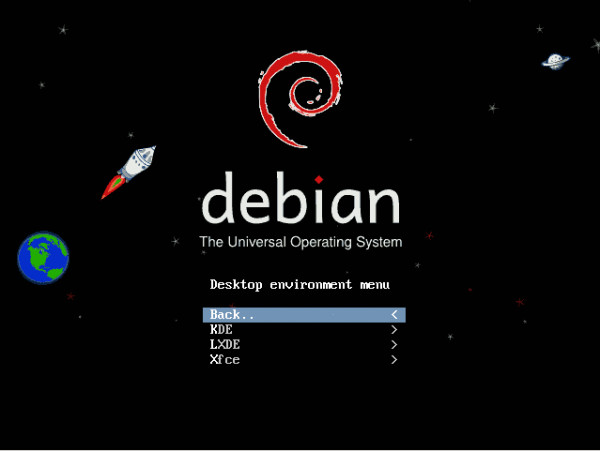
|
Debian Cut (Constantly Usable Testing) aims to achieve that the end user can have an operating system based on Debian, getting a distribution stable but quite latest than the version based on the stable repositories. |
As you all know, Debian development cycles, between one stable release and the next, are quite long. In server environments there is no problem, but, for the end user or desktop, it can be somewhat annoying to be so outdated, so we are almost forced to use more unstable branches like Testing, Sid, Experimental or make use of the Backports.
With Debian CUT, it is intended to give the user the opportunity to have a stable Operating System, but at the same time, updated with more recent packages and focused on the end user as I said before.
Among all the ideas, there are two main approaches that have been discussed. The first is testing Snapshots regularly at points where they are known to work reasonably well (Snapshots would be called "CUT").
The second is to build a test distribution better adapted to the needs of users who want a distribution that works with daily updates, its name would be "Rolling".
The Rolling Release philosophy is not new, but in Debian it is a very risky step and that above all, it will entail a titanic work on the part of developers.
Key features
Minimum requirements:
- The requirements are the same as for Debian.
- An internet connection is required for installation, so the size of the isos is very small (18 megabytes only). These isos can be burned to a CD or create a bootable pendrive (with unebootin for example).
Desktop environments: Before starting the installation we can select which desktop environment we want to install on our computer, with the following options: KDE, XFCE (4.8), LXDE and GNOME (3.2.1) (with Gnome being the default desktop environment) .
Package system:DEB.
Installation: comes with a graphical wizard to make installation very easy.
Supports Spanish: yes.
Multimedia support: multimedia codecs do not come by default but can be installed.
64 bit support: each version comes in 32 and 64 bits.

I like it (install and forget about it being outdated)
in the following link, you have the downloads ... http://lists.alioth.debian.org/pipermail/cut-team/2012-July/000335.html
Interesting, I'm looking forward to trying Debian. One question… Does this distro make use of the Debian testing repositories?
in download version does not appear to download 🙁
where is it to download?
Yes I know… .. I know that Ubuntu is based on debian, and somehow they must share the same package system ……
what I'm saying is that sometimes the package installations are not as clean as in archlinux and its pacman manager, so I don't know if in the long run having a deb-based RR system can produce some dependency failure: /, I'm not saying that arch and pacman are perfect, what I say is that from my own experience, after some update (ubuntu) or some disaster that I have made in my days of ignorance (debian) they have left problems with the dependencies that I could not solve.
You know that Ubuntu uses the same package system as Debian, right?
The debian rolling release proposal was very interesting, at first I used Ubuntu, but later I used debian (a month or so) the main problem was the dependencies of the packages, maybe at that time it was due to lack of knowledge, but now I suffer from a certain phobia of the parcel deb xD
What I wonder is, being the rolling release style, will they change the package manager in some way to make it more consistent with constant updates? something pacman style maybe?
Uhm. Good start to an attempt at a Rolling Release. Viewing the repositories of this LDD are the ones that are checked every day in the testing version, as mentioned in the article. Those who dare to install LDD will be the same as installing testing (Wheezy). Hopefully the Rolling release proposal fulfills the wishes of those who want applications that are just released or at least more updated than the stable version.
Eye José: LDD is the acronym of the section in which we present new distros in this blog. It means (The Twilight Zone: There is Linux beyond Ubuntu).
A hug! Paul.
Hello! Well, I don't like the idea of Rolling Release because what I like is to format and try many flavors of Linux so I'm not very interested
and less may there be linux beyond ubuntu because otherwise it would cut my veins